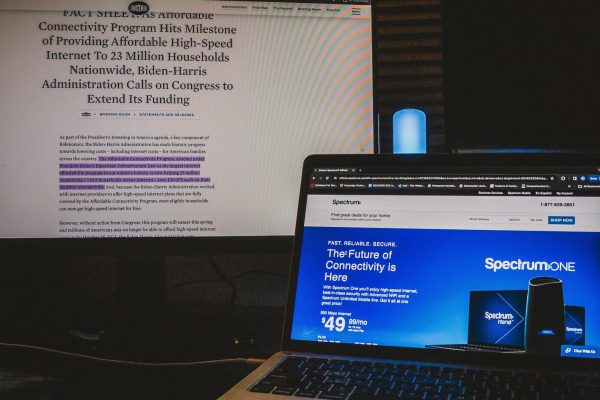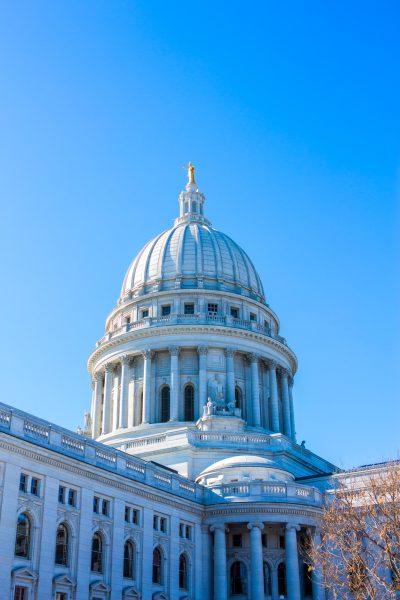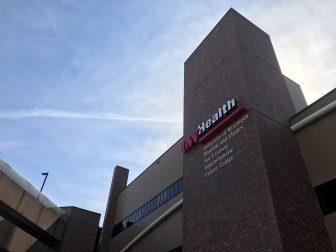Wisconsin Supreme Court Justice Ann Walsh Bradley announced April 11 that her service as a justice will retire July 31, 2025, and she will not be running for reelection, according to her retirement statement.
Currently, the Wisconsin Supreme Court is very narrowly divided politically, but liberals have the majority by one justice, University of Wisconsin–Milwaukee professor of political science Sarah Benesh said in an email statement to The Badger Herald. Bradley is in the liberal wing, meaning her open seat will decide the balance of the court, Benesh said.
“You might recall how heated the most recent judicial election got for exactly this reason,” Benesh said. “It was the most expensive State Supreme Court race in history. The stakes are very high, and in this polarized and politicized environment we can expect another major battle.”
Especially since Gov. Tony Evers is a Democrat and both houses of the Wisconsin State Legislature are Republican-controlled, the State Supreme Court is particularly relevant in deciding the political balance of the state, Benesh said.
The recently adapted state legislative maps also speak to the importance of Wisconsin Supreme Court elections, University of Wisconsin–Whitewater professor of political science Jonah Ralston said.
“The shifting of the court literally led to entirely new maps and will lead to a different representation for our state legislature and give more opportunities for students to vote in some pretty meaningful races,” Ralston said.
The outcome of the next Supreme Court election will heavily influence policy issues — like gerrymandering and abortion access — that depend on the political makeup of the court, Benesh said. Justices’ terms are 10 years long, so it is possible the new court will impact a variety of future legal issues, Benesh said.
The long lasting impact of this judicial election could influence more young people to vote, despite low voter turnout rates among spring elections, Ralston said. Only 25% of people of voting age participated in the 2024 Wisconsin spring elections, according to the Wisconsin State Journal.
It is important students are aware of how to register to vote and they encourage their peers to make it to the polls as well, Ralston said.
“It’s not just that you’re showing up and doing your duty to vote,” Ralston said. “It’s also about working with other students and other groups on behalf of campaign offices. There’s a lot of different ways to get involved, so please do take advantage of that.”
Voters will need to research carefully to understand how each candidate aligns politically, Benesh said. The court is technically nonpartisan, so the ballot will not label the justices’ political leanings, Benesh said.
Though given the polarization of political parties today, the race will likely be between two candidates on different ends of the political spectrum — making it clear for students to decipher the justices’ partisan affiliations, Ralston said.
Bradley was a pivotal liberal justice, so the outcome of controversial Supreme Court cases will vary depending on who young people elect in the next election, Ralston said. If young people actively engage with the issues they care about, it is likely these topics will progress through the court system in the next couple of years.
Students should register and vote in all elections that impact their lives, Benesh said. The next judicial election will be in April, and the new justice will take office in June, Benesh said.
“Voting in this election could have a 10-year impact,” Ralston said. “It absolutely will be very consequential.”
















